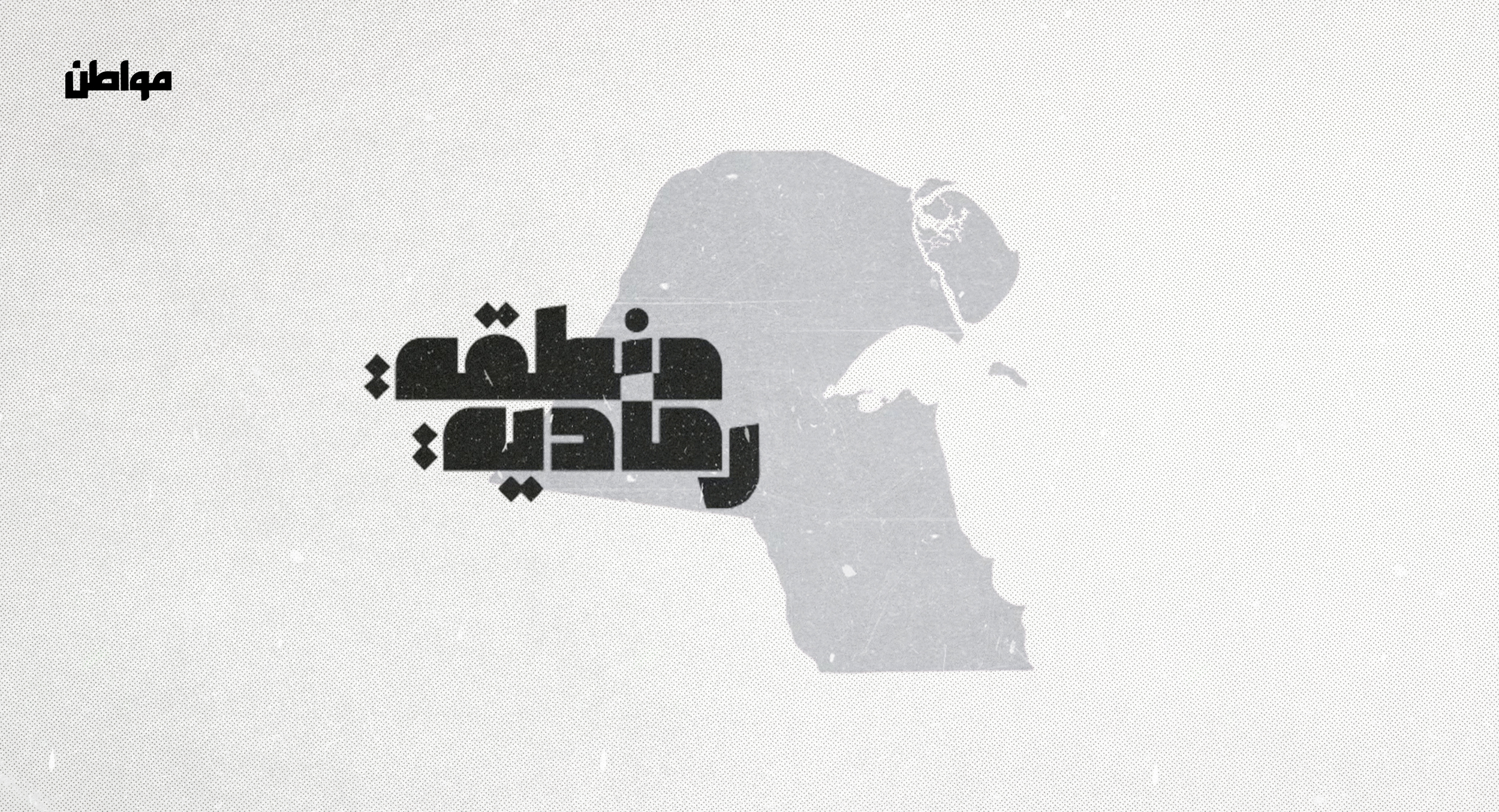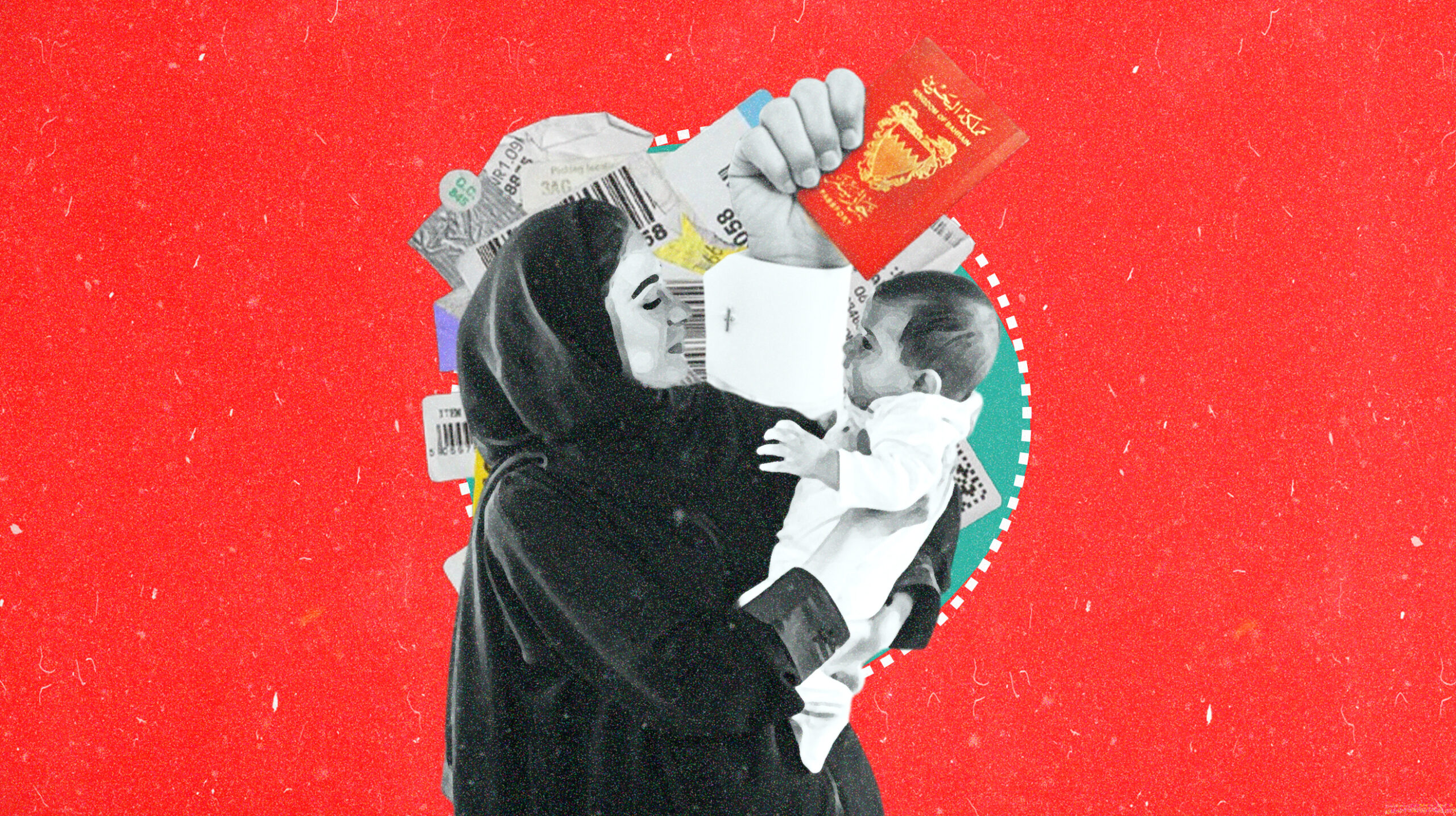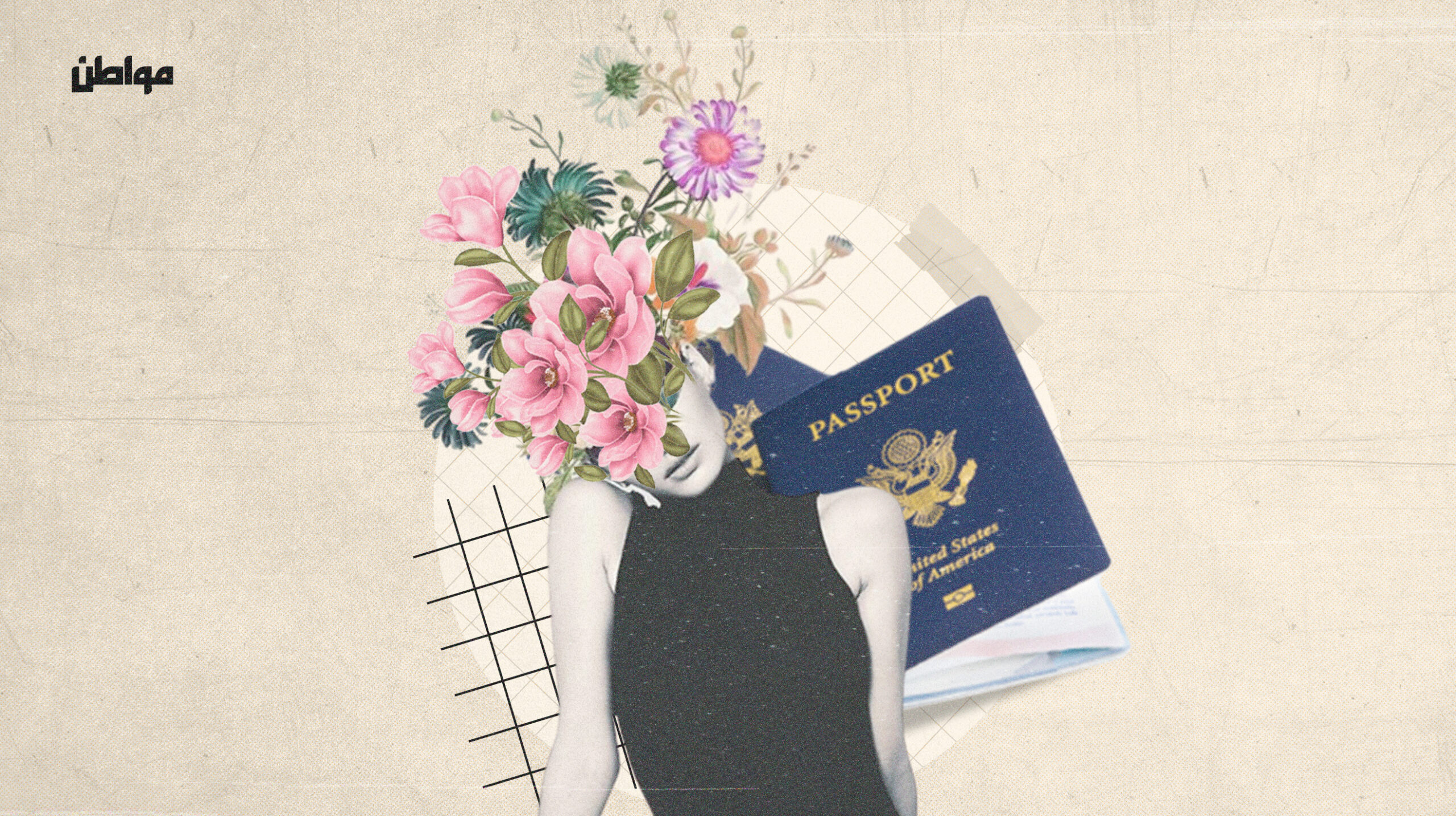The laws of the Sultanate of Oman have left the children of Omani women in a state of limbo, denying them the same rights as their peers. Despite laws advocating gender equality, the children of Omani men married to non-citizens are granted nationality, while those of Omani women are not. This disparity has led to demands for fair legislation that would enable these children to lead normal lives, access education, and job opportunities.
The absence of fair legislation has had a significant impact on the lives of these families, causing them to suffer from difficult living conditions. Children of Omani women are denied opportunities in education, scholarships, job opportunities, and salaries. As a result, some women citizens and their children are forced to look for other countries to live in.
This discriminatory law has led to their children being treated as foreigners in their motherland, limiting their access to education, job opportunities, and basic rights.
Children are treated as foreigners in their mother's homeland
Human rights activist Habiba Al-Hanai has spoken out about the discrimination faced by children of Omani women married to foreign nationals. She explains, “I got married with a permit from the Ministry of Interior in 1996 to an Arab Muslim man with German nationality. The marriage took place in the Sultanate and resulted in the birth of my only son Hafez, in 1998. After his birth I found a great discrimination in the law and a violation of my rights and my son’s.” Al-Hanai goes on to explain that as a mother, she has no right to extract her son’s sponsorship, and that her son is not entitled to inherit anything she owns or work or have residency after he reaches eighteen. She adds, “The son is treated as a foreigner in his mother’s homeland.”
Al-Hanai and her son left Oman in 2016 when he turned 18, as he had no right to reside in Oman after this age. She explains, “We left behind memories of many years and the dream of stability. We headed to Germany where he had to repeat high school in the German system, and then enrolled at the University.” Al-Hanai points out that many Omani women suffer from similar problems, but are often afraid to speak out or call for law amendments.
Al-Hanai highlights the financial burden faced by mothers of children who do not hold Omani nationality, explaining that she had to pay for all of her son’s healthcare and education expenses. She successfully campaigned for free treatment and education for children, but there remain restrictions on higher education. Al-Hanai attempted to enroll her son in a university in Oman, but he was rejected from the unified admission center of the Ministry of Higher Education and denied the right to scholarship, despite ranking first among his colleagues. Al-Hanai explains that while scholarships were granted to students with much lower grades than her son, her son had no right to compete for foreign scholarships.
Read More
Al-Hanai explains that Oman, like other Arab countries, deprives children of female citizens of nationality, despite advocating citizenship and gender equality. She explains, “These countries are blatantly discriminatory, because they do not respect women, their rights or their children, and treat them as second-class citizens.” Al-Hanai also highlights the many laws that discriminate against women in Oman, such as the law on guardianship. She explains that men receive more support from the state, even in political and decision-making positions. This means that few women can hold important positions in the executive, as legislative and lawmaking positions are dominated by men. Al-Hanai argues that this is why patriarchal laws are so prevalent in Oman.
The Role of Women's Organizations and the Consultative (Shura) Assembly
Regarding the role of Omani women’s organizations in Oman and the Consultative Assembly in adopting the cause of Omani women’s children and working to solve their problems, Habiba criticized the role of women’s organizations, saying, “Women’s organizations are under the umbrella of the government, therefore their role is superficial and promotional, they do not play any actual role.” She also expressed doubts about the Consultative Assembly’s authority, stating, “the Consultative Assembly does not have any authority or competence to amend any law…Most of them only receive orders and execute them. There is no democratic process at all.”
Habiba called for a solution to the problems facing Omani women’s children by respecting the statute that prohibits gender distinction and international agreements and legislation, including CEDAW, which guarantees women’s right to self-determination and freedom to marry and choose whomever they want.
An anonymous Omani woman shared her perspective and experience, stating: “the Omani wife is not entitled to sponsor her non-Omani husband and her children, or to confer her nationality to her children.” Additionally, she explained that the non-Omani husband is not allowed to work in Oman when he obtains an exceptional sponsorship in the name of his wife.”
She also noted that the children of Omani women married to non-Omanis are not entitled to inherit upon the death of the Omani mother. The Sultanate made reservations to the articles of CEDAW that grant women an equal right with men regarding the nationality of their children and the article on guardianship, custodianship, and custody of children when it ratified the convention.
The Right to Nationality
Nabhan Al-Hanashi, a human rights activist and director of the Omani Centre for Human Rights, speaks out against discrimination towards Omani women in marriage. According to Al-Hanashi, “women belong to the land where they were born. This violation of women’s rights constitutes racism, contempt, and discrimination, not only against the woman, but against her partner and children as well.”
Al-Hanashi believes that those in charge of decision-making in the government put tribal and social interests above the human being. To combat this issue, individuals within society must demand justice, fairness, and equality. Unfortunately, many affected women keep silent to avoid problems for their husbands or children. However, this is a general situation affecting a significant group of women. Al-Hanashi argues that limiting a woman’s choice of life partner to their society, citizens of their country, or even the Gulf society, is unacceptable, and inhumane.
The Problem of Inflexible Laws and the Need for Granting Nationality to the Children of Omani Women
Khalid Ibrahim, the Chairperson of the Gulf Centre for Human Rights, highlighted the issue of Omani women not being able to pass their nationality to their children, resulting in them paying a heavy price. He stressed that inflexible laws with no leeways or flexibility lead to many arbitrary measures, having brutal effects on the affected families. Some Omani women’s children have to leave the Sultanate after reaching the age of 18, leaving their families behind, which is tragic and pushes the mother to start from scratch in an unfamiliar country.
Ibrahim urged the Omani government to grant nationality to the children of Omani women as it is their natural right and would ensure the successful establishment of families. He stated that governments should feel the pain and problems of their citizens and develop laws that meet their interests.
Human rights organizations and centers have demanded for long that women be given their full rights, but the government’s response has been weak. Khalid Ibrahim emphasized the need to continue monitoring violations and claiming their elimination. He remains optimistic that change is inevitably coming.







